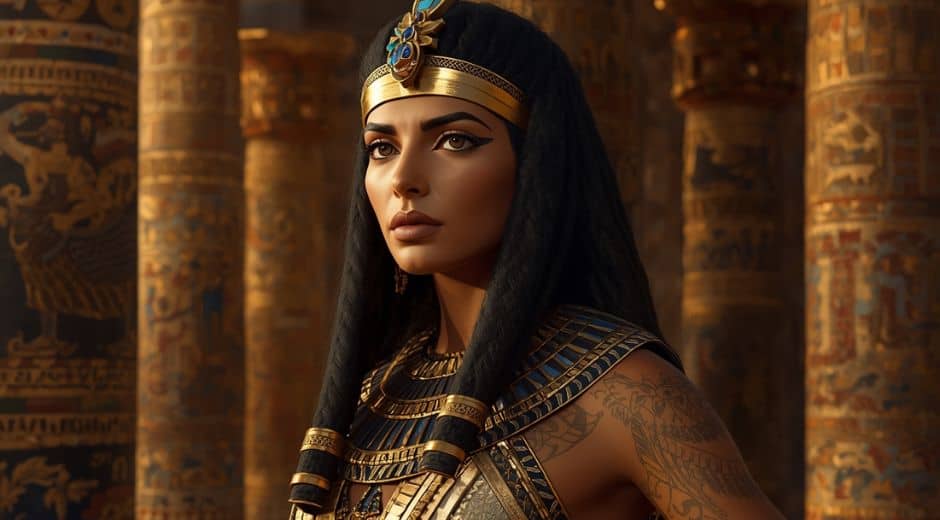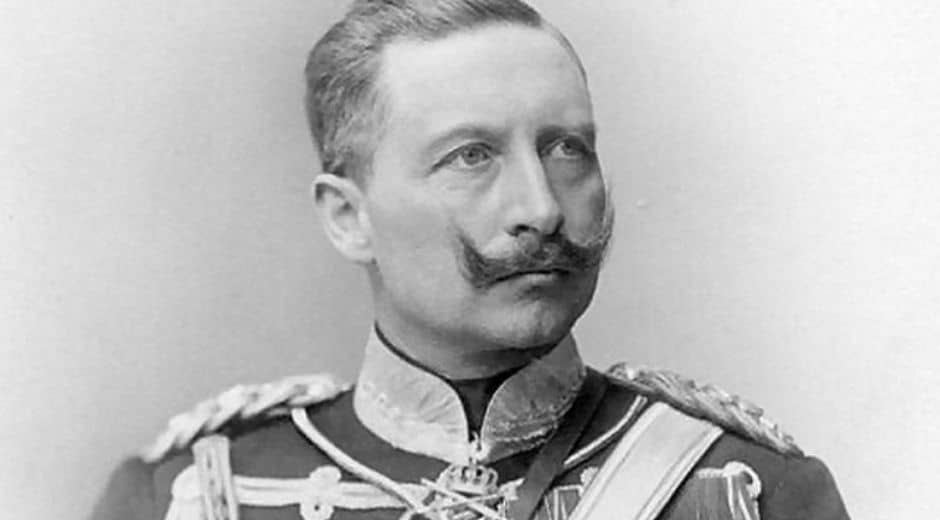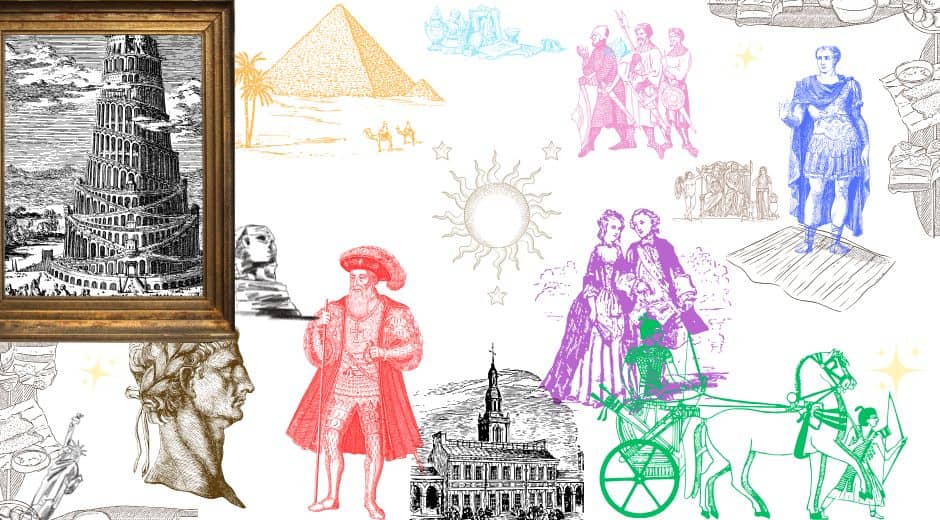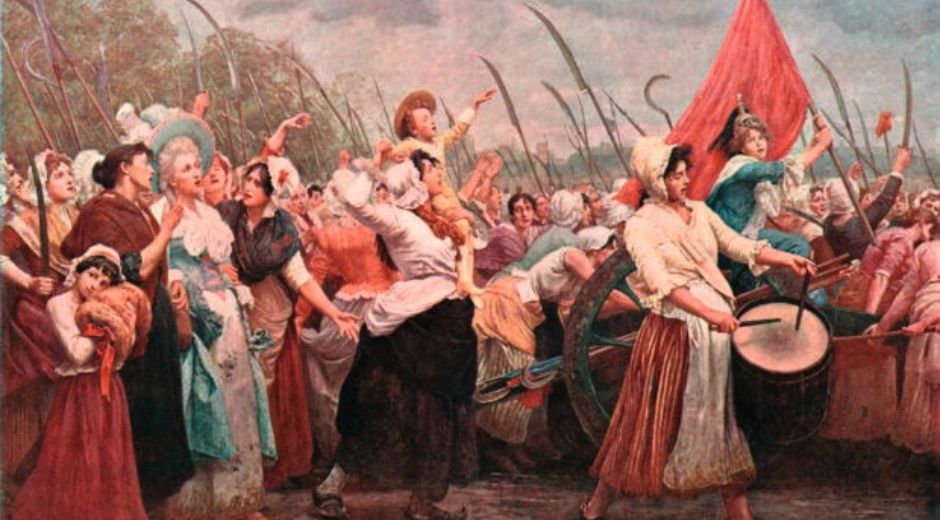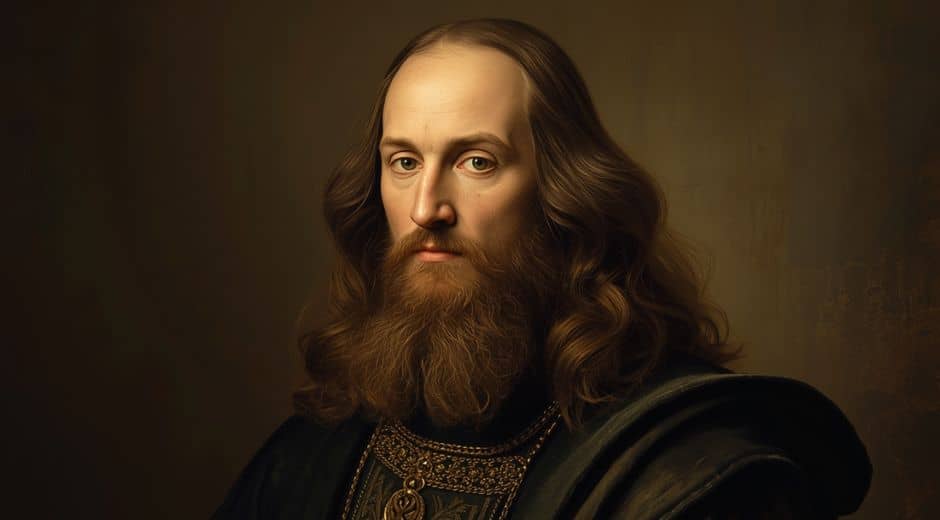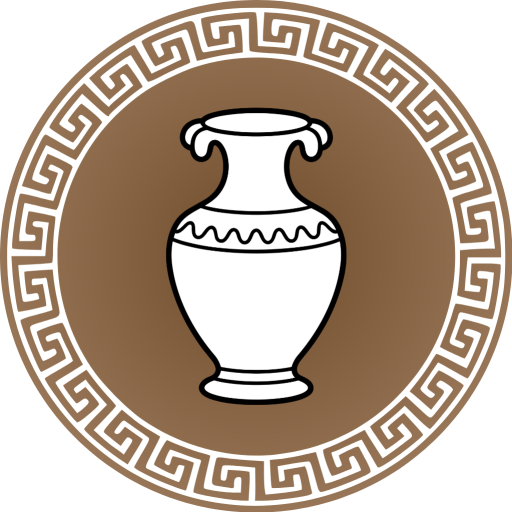Cleopatra: The Last Pharaoh’s Untold Influence
Few figures in history command as much intrigue as Cleopatra. Her name alone evokes power, intelligence, and allure. Yet behind the myths of seduction and scandal lies a woman of immense strategic genius who changed the course of history. The last Pharaoh of Egypt, ruled not just through charm but through a profound understanding of politics, culture, and identity.
A Queen Born of Two Worlds
Born into the Ptolemaic dynasty, she was both Greek and Egyptian, inheriting a throne steeped in centuries of turmoil. Educated in mathematics, philosophy, and several languages, she became one of the most educated rulers of her time. Her command of Egyptian, unlike her Greek predecessors, made her beloved among her people.
In an age when women’s power was often restricted, she turned intellect into her greatest weapon. She was not merely a figurehead but an active leader who navigated a fractured empire at the edge of Roman expansion.
Political Mastery and Strategic Alliances
Cleopatra understood that survival required diplomacy. When she allied with Julius Caesar, it was not out of romance alone but out of necessity. Egypt faced threats both from internal rivals and Rome’s growing dominance. Her partnership with Caesar restored her throne and secured Egypt’s independence for a time.
After Caesar’s death, she aligned with Mark Antony, another calculated move to protect her kingdom’s sovereignty. Their union produced children and solidified a power base that challenged Rome’s future emperor, Octavian. Her ability to negotiate and influence powerful men was not manipulation but statecraft at its finest.
For a detailed analysis of her political influence, visit National Geographic, where historians explore how Cleopatra balanced charm and intellect to rule in a patriarchal empire.
Cultural Vision and Egyptian Identity
Unlike many foreign rulers before her, she embraced Egypt’s traditions. She adopted native customs, styled herself as a living goddess, and integrated Hellenistic and Egyptian culture into her reign. This cultural blending strengthened national pride and revived Egypt’s ancient identity.
Art, architecture, and ceremony flourished during her time. Temples were restored, and literature celebrated the union between divine heritage and human leadership. Through these actions, Cleopatra ensured her legacy would endure beyond her political achievements.
The War That Ended an Era
The fateful confrontation between Cleopatra, Mark Antony, and Octavian marked the end of Egypt’s independence. The Battle of Actium in 31 BCE sealed their fate. Surrounded by betrayal and defeat, Cleopatra chose death over humiliation, ending her life in the most dramatic of fashions.
Her death symbolized more than personal tragedy; it marked the fall of the Ptolemaic dynasty and the beginning of Roman rule in Egypt. Yet, even in death, Cleopatra remained in control of her narrative, ensuring she would be remembered as a sovereign, not a subject.
Beyond the Myth
Over time, Cleopatra was transformed by historians and artists alike. Roman propaganda painted her as a manipulative seductress, but modern scholarship reveals a leader of immense intellect and foresight. She was fluent in diplomacy, economics, and science — a visionary whose ambition matched her brilliance.
At Chronostual, we explore figures like Cleopatra not as distant icons but as living forces who shaped humanity’s path. Her story reveals the tension between perception and truth, between myth and leadership.
A Legacy that Transcends Time
The story of Cleopatra continues to inspire writers, filmmakers, and leaders. She has become a symbol of resilience, intellect, and identity in the face of overwhelming odds. Her image, immortalized in art and cinema, represents both the strength and complexity of women in power.
Even today, Cleopatra’s influence can be seen in how society views leadership, femininity, and the fusion of cultures. Her reign reminds us that power is not merely inherited but earned through vision and courage.
For further reading on her enduring image in global history and art, explore StudySkillUp, where you can discover how Cleopatra’s story continues to shape modern discussions on legacy and influence.
Conclusion
Cleopatra was more than a queen — she was a strategist, a scholar, and a visionary. She understood how to wield power in a world that sought to limit her. Her life, filled with triumph and tragedy, remains one of history’s most compelling narratives.
By studying Cleopatra, we see not only the last Pharaoh of Egypt but also a timeless reminder that leadership, when guided by intellect and conviction, can transcend centuries.
History Insight Legacy
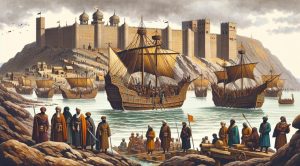
How Imperial Expansion Changed Borders And Cultures Forever
How Imperial Expansion Changed Borders And Cultures Forever
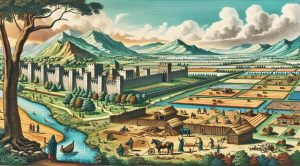
The Rise And Fall Of Early Kingdoms In World History
The Rise And Fall Of Early Kingdoms In World History

Lost Civilizations And What Archaeology Reveals About Them
Lost Civilizations And What Archaeology Reveals About Them
